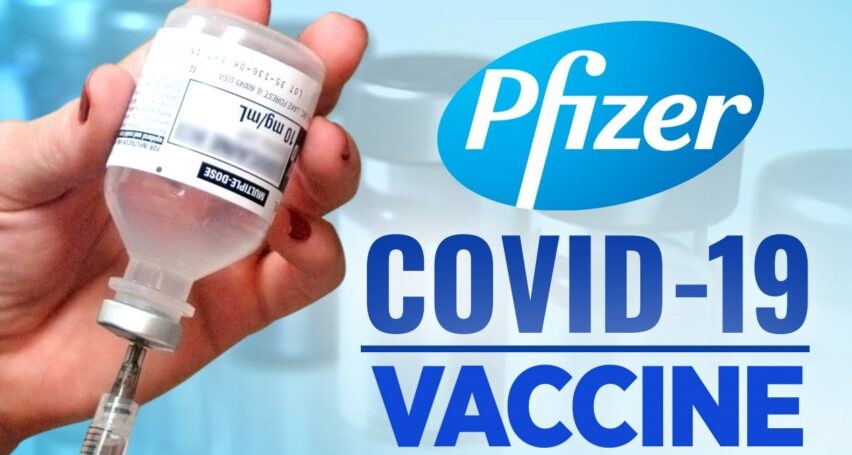The European Medicines Agency announced on Friday that it had authorized the use of the German-developed BioNTech-Pfizer coronavirus vaccine for children aged 12 to 15.
The green light from the regulator opens the way for EU member states to start vaccinating adolescents against the virus that has killed over 3 million people worldwide.
Germany is hoping to begin administering jabs to school-age children from June 7, following a meeting between Chancellor Angela Merkel and heads of Germany's 16 states on Thursday.
The US and Canada have already begun to offer vaccines to children aged 12 and above in the pursuit of herd immunity.
A study published in the "New England Journal of Medicine" on Thursday said that the efficacy of the vaccine in children aged 12 to 15 was 100%.
The researchers carried out trials on a group of around 2,000 adolescents, half of which were given two doses of the BioNTech-Pfizer vaccine and half a placebo.
Of the vaccinated group, none of the individuals contracted COVID-19 while 16 children in the control group did. Those tested suffered only mild to moderate reactions, the study said.
The results of the study had been made available to the EMA, dpa reported.
Despite the eagerness of German politicians to start vaccinating children, the decision about who gets access to the doses is up to the country's vaccine commission, StiKo.
One of the 18 members of the commission, Martin Terhardt, asserted the apolitical nature of the body in an interview with local public broadcaster Bayerische Rundfunk.
-We are an independent, scientific panel, we have rules and an agenda which hold us to a specific methodology,- he said on Friday.
-And we will make the decision as we always do, in line with scientific, not political, criteria, nor will we be influenced by any pressure- he added.
President of the German Medical Association Klaus Reinhardt expressed hesitation at the idea of vaccinating children, saying that the data on the risks was "currently still insufficient," in a conversation with the German newspaper Rheinische Post.
The head of the German Interdisciplinary Association for Intensive Care and Emergency Medicine, Florian Hoffman, also raised concerns, suggesting that with the tight vaccination capacities, children — who are usually asymptomatic — are not the priority.
